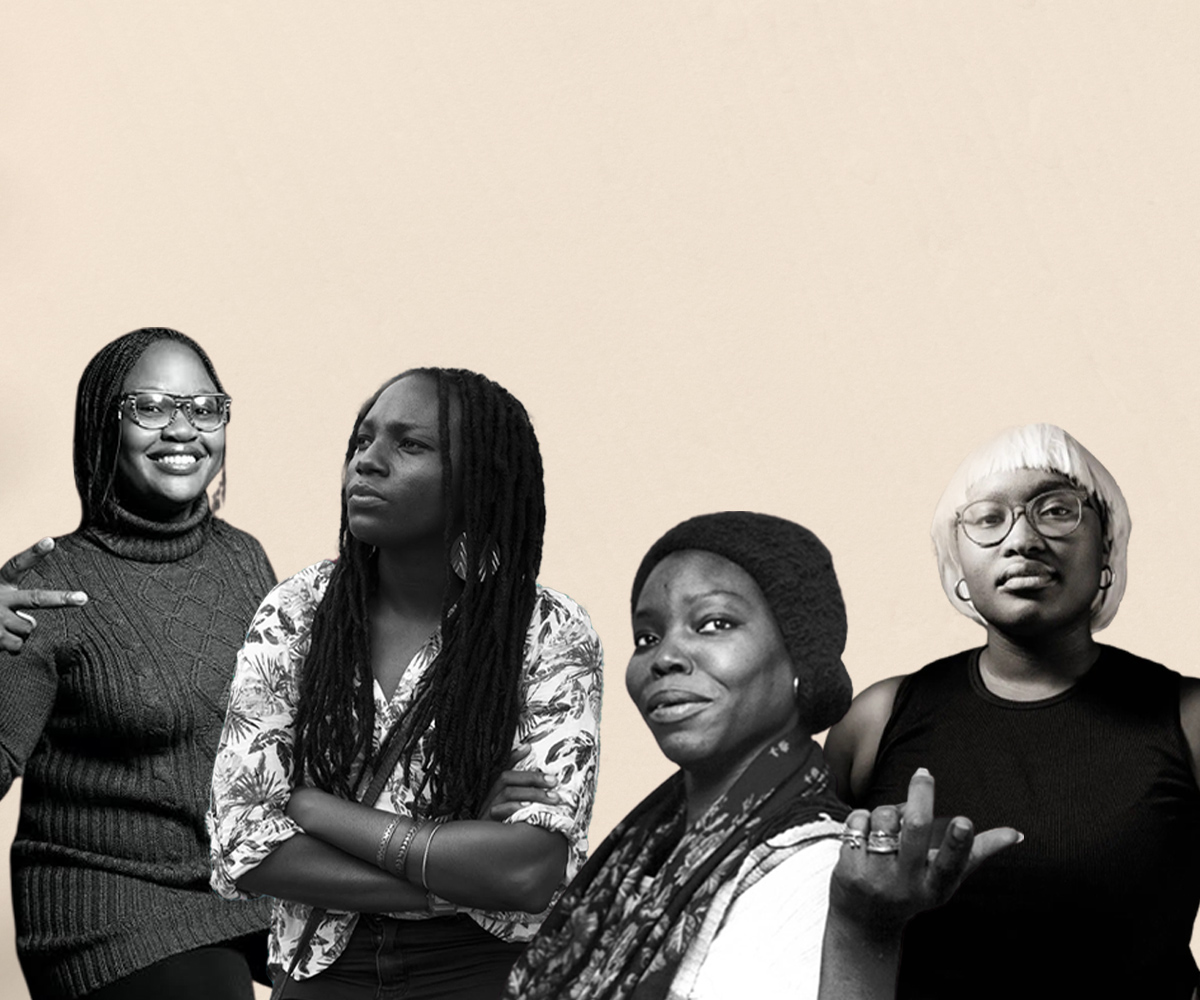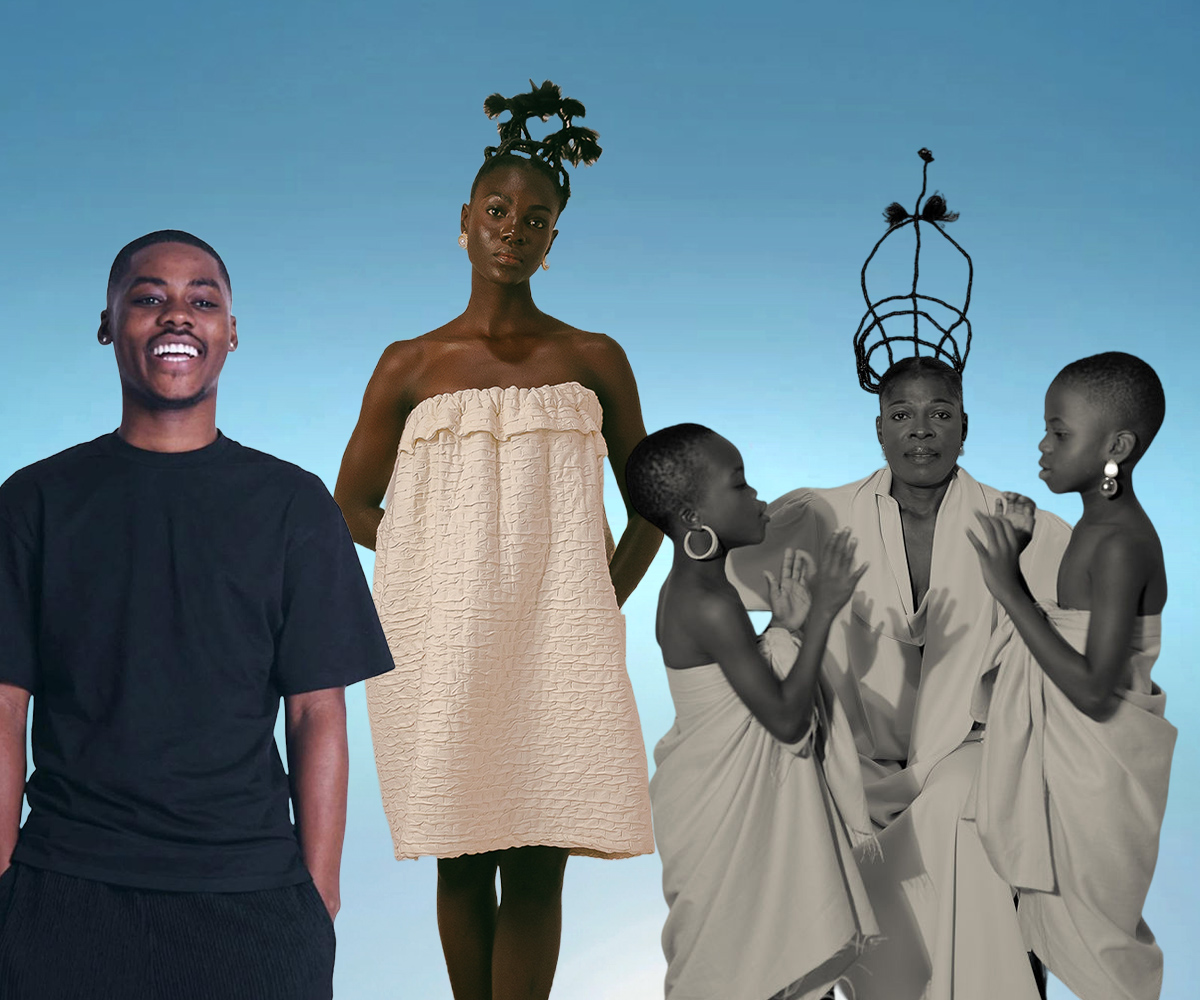
My two biggest influences growing up were my mother and film. My mother, a Somali political strategist, made our home an unofficial UN meeting space for other female leaders pursuing equality. Their political rhetoric was not lost on me, and a deep sense of purpose was born: to create space in the world for women.
Naturally, my attention was also consumed by the television in my room, feeding my every curiosity and offering me the chance to experience someone else’s life. And no matter how different the characters were from myself, a black, Muslim woman, I always identified with them in some way.
Ironically, the characters I was supposed to identify with, women of color and African descent, were often the least familiar to me. I was studious and eager to learn about politics, but the rare depictions of black women, most often seen on television and depicted in films, were the complete opposite. And when actual African women appeared on my television, it was to underscore how poverty-stricken and downtrodden they were.
Growing up in the suburbs of DC, being raised by a successful mother, I didn’t see myself. But others always expected me to behave more like the characters they were used to. While those women do exist, they only represent a slim margin of the black and African female experience. And the longer time went on without seeing myself on screen, the more it became my biggest driving force.
By my late twenties, I began a career as a news producer. It seemed like the most obvious arena for me to carry out my goal. But I quickly learned that news has its own agenda. And the truth, which is always more complex and nuanced, gets sidelined. In other words, I saw powerful media outlets wield stereotypes to serve their narrative, and the voice of people on the margins – whether they be a racial, gender or religious minority – remain small or altogether invisible.
At 35, I knew to my core that the only way to get underrepresented voices into the mainstream, would be to create a platform devoted to them. STATEMENT was born to give African women that chance. I began researching film and television on the continent, and the deeper I got into it, the more I knew I had struck gold.
Africans are storytellers by nature. It is simply the way that people share history, knowledge, and love. My own grandmother, a Hargeisa-based woman who never learned how to read or write, is the greatest storyteller I’ve ever met. I know that if I can get these stories in front of more people, the way people see women, Africa and the world as a whole would change for the better. STATEMENT is my commitment to give the next generation of little girls a chance to see themselves and take pride in what makes them unique.

